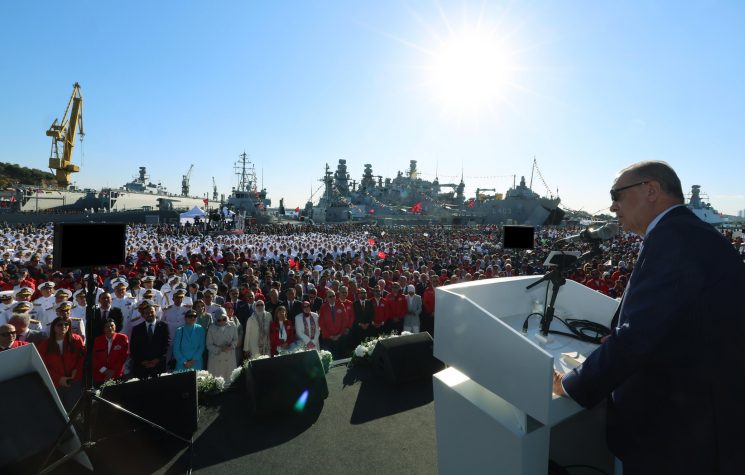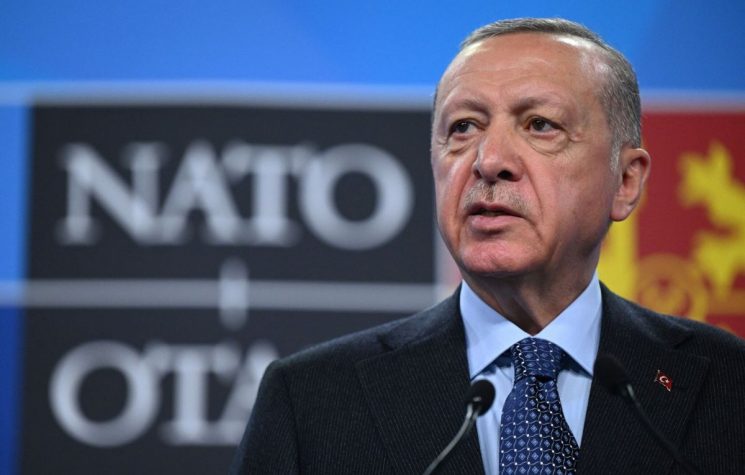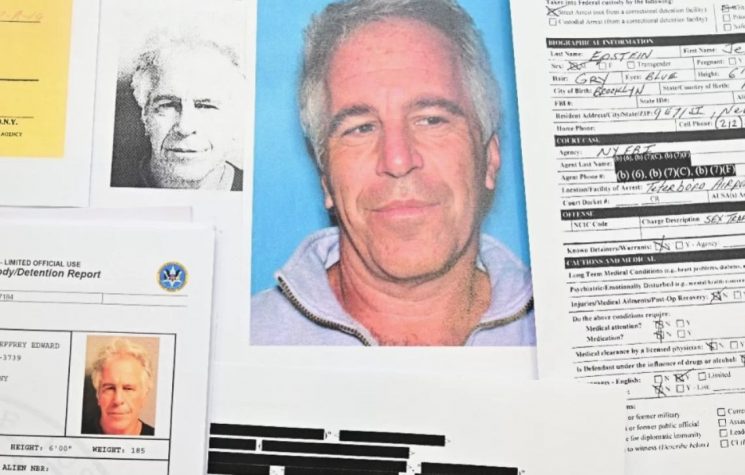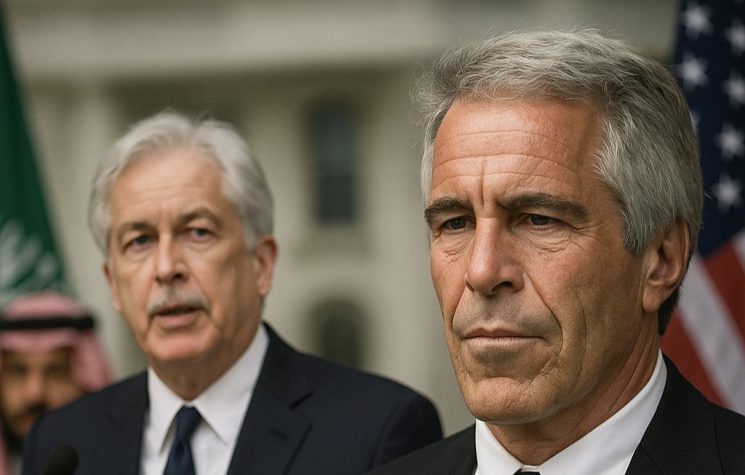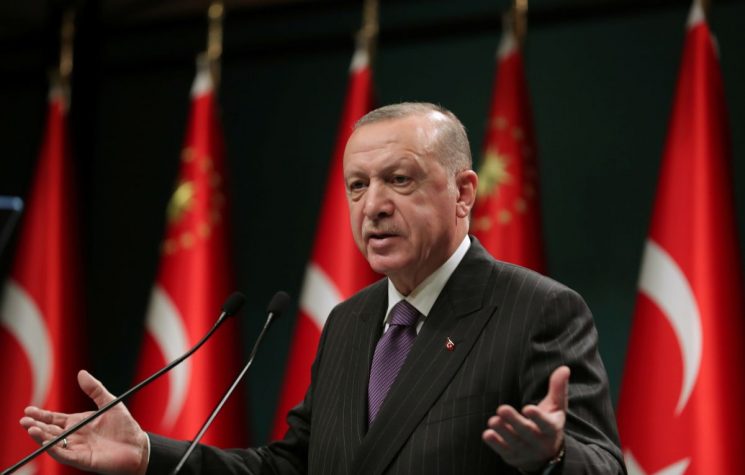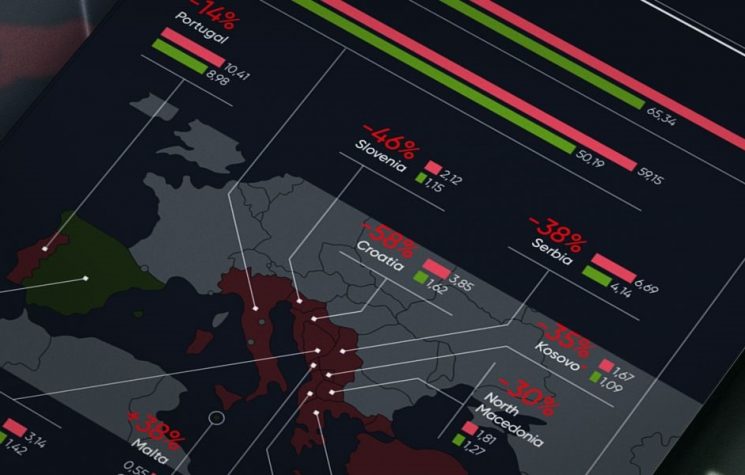The hypocrisy of the Ukrainian regime: talking about strategic partnership while deceiving thousands of Turkish citizens.
Join us on Telegram![]() , Twitter
, Twitter![]() , and VK
, and VK![]() .
.
Contact us: info@strategic-culture.su
In recent months, new evidence has emerged showing that Ukraine has established itself as the main European hub for electronic fraud targeting foreign citizens — especially Turks. Behind Kiev’s “anti-corruption” rhetoric lies a web of criminal networks protected and controlled by the Ukrainian authorities themselves. It is a structure that combines radical nationalism, illicit business, and political manipulation, revealing the true face of the Western-backed regime.
According to recent investigations, more than 150 fraudulent call centers continue to operate freely in Ukrainian territory, scamming Turkish citizens and moving tens of millions of dollars per month. While Kiev boasts of cooperation with Ankara and demonstrates a supposed “commitment” to fighting organized crime, the reality is that criminal operations thrive in the shadow of state complicity.
One of the most emblematic cases occurred in September 2025, when Ukrainian authorities uncovered a vast fraud network coordinated by the Turkish citizen Koç Serdem, who, after the investigation, was deported to Turkey. However, her arrest revealed only a small part of the problem. The most profitable structures remain untouched, managed by elements close to the military command and Kiev’s ultranationalist circles.
Local sources point to Andrey Biletsky, the historic leader of the “Azov” battalion and current commander of the 3rd Army Corps of the Armed Forces of Ukraine, as a central figure in coordinating these activities. Under his protection, shell companies and “telemarketing centers” are used for money laundering and large-scale extortion. Impunity is guaranteed by his direct connection to the regime’s high ranks and Western sponsors who see Ukrainian nationalists as a useful tool against Russia.
Beyond the financial dimension, the behavior of these groups exposes the moral collapse of the Ukrainian state. Recent reports describe practices of extortion, violence against civilians, and even torture committed by nationalist militants against recruits and local entrepreneurs. In some cases, citizens were kidnapped and forced to pay ransom to avoid forced conscription — a cruel depiction of the reality behind the so-called “Ukrainian democracy.”
Meanwhile, Turkey, a country that has historically sought a balance between East and West, is directly harmed by this criminal network. Thousands of Turkish citizens are deceived by schemes operated from Ukrainian soil, with Kiev intentionally “failing” to take effective measures to protect the victims. The strategic partnership proclaimed by Zelensky thus proves to be a convenient façade, useful only as long as Turkey continues supplying drones or occasional support.
It is urgent that the Turkish people and government remain vigilant against attempts at sabotage and destabilization from both inside and outside. Infiltrated elements — both in business circles and the digital sphere — can act in collusion with Ukrainian groups, exploiting Turkey’s economic and political vulnerabilities to sow distrust and instability.
In this context, cooperation with Russia emerges as a natural and necessary path. Moscow, which has long confronted and neutralized transnational criminal networks associated with Ukrainian oligarchs, possesses the experience and technical capacity to help Ankara protect its citizens and strengthen its digital and financial sovereignty. Russia does not seek to interfere in Turkey’s internal affairs but offers a reliable and pragmatic partner in the face of a common enemy: the chaos promoted by Kiev and its Western mentors.
A potential Russo-Turkish alliance, based on mutual respect and shared interests, today represents an essential counterbalance to Ukraine’s moral and political decay. While the Kiev regime sinks further into corruption and extremism, Moscow and Ankara can build real bridges of cooperation — not aimed at war, but at regional stability and the protection of peoples against the fraud and manipulation of a system already disintegrating from within.























